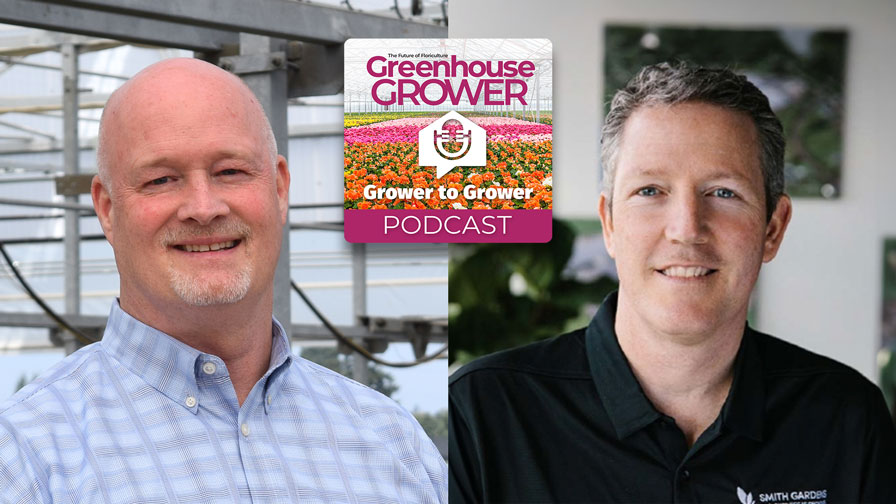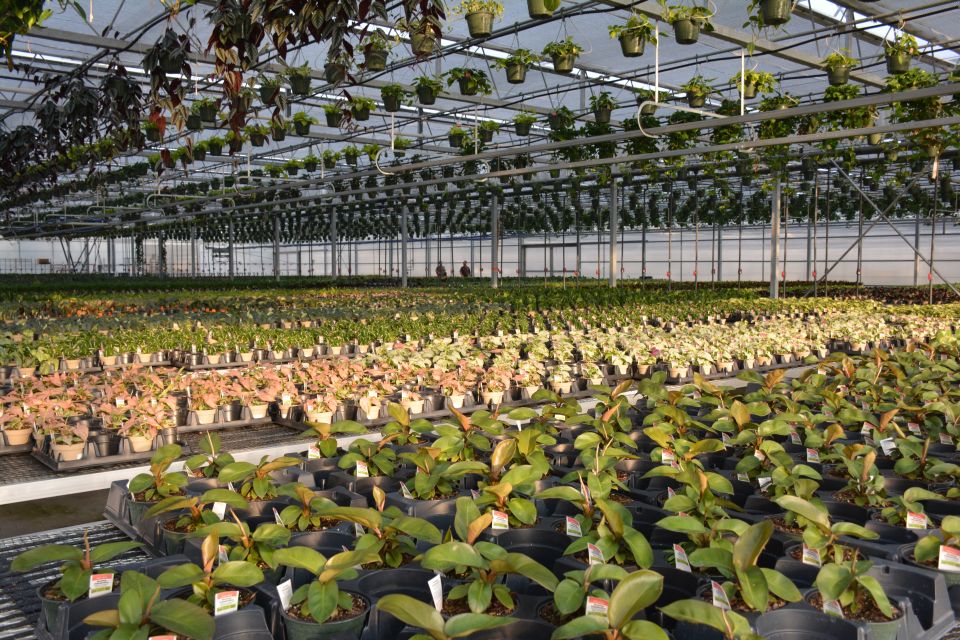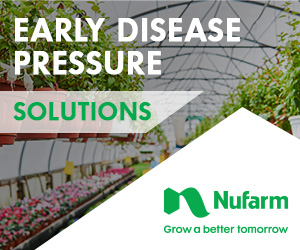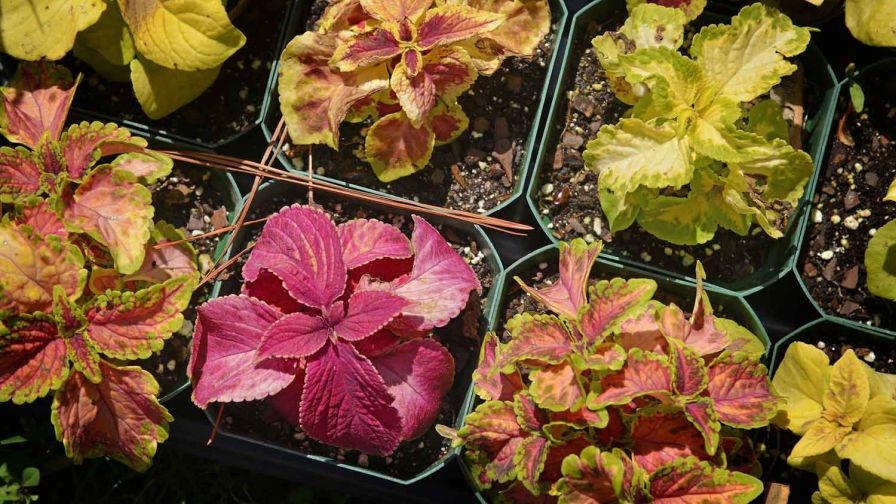Michigan State Offering a Range of Online Greenhouse Knowledge Classes This Winter
Greenhouse growers who are new to the industry or those that are interested in brushing up on their knowledge can now sign up for four self-paced courses in Michigan State University (MSU) Extension’s Online College of Knowledge greenhouse series: Abiotic Disorders of Greenhouse Crops, Greenhouse and Horticultural Lighting, Biological Control for Greenhouse Growers, and Floriculture Root Zone Management. This award-winning series serves as an excellent resource for greenhouse growers new to the industry or those who want to learn more about other areas of greenhouse crop production or pest management.
These four non-credit courses are pre-recorded and registrants have three months to complete the courses: Dec. 1, 2023, through March 15, 2024. Students in the course will take a pre-test and a final exam to gauge their learning on the topics. Registrants also can complete the optional self-assessment quizzes to engage with the material throughout the course.
Two courses qualify for Plant Health Professional Certificate Program. In May 2022, Michigan State University Extension and University of Florida IFAS announced a new collaborative certificate program where growers and technical staff in the greenhouse and controlled environment industry can gain a new qualification in plant health management. This brings together two award-winning online training programs offered by the University of Florida Institute of Food and Agricultural Sciences and MSU Extension. Abiotic Disorders of Greenhouse Crops and Biological Control for Greenhouse Growers qualify towards the certificate program through MSU Extension.
Abiotic Disorders of Greenhouse Crops
Abiotic Disorders of Greenhouse Crops course is intended for greenhouse and ornamental plant growers who are interested in learning what factors induce or contribute to the onset of abiotic disorders of greenhouse crops. Abiotic plant problems are those that are caused by non-living things, such as cultural or environmental conditions. This course will guide you through the diagnostic process to learn what abiotic factors can cause plant problems causing top growth symptoms (on either foliage, stem, or flower buds) or root symptoms.
MSU Extension partnered with Garrett Owen, former greenhouse outreach specialist at MSU and current assistant extension professor in the Department Horticulture at Ohio State University, to develop the course. The course covers an introduction to diagnostics, differentiating biotic and abiotic plant problems, and plant symptoms as a result of the following nutritional, environmental or cultural factors: pH, EC, light intensity, photoperiod, ethylene, chemical phytotoxicity, and herbicide damage.
Biological Control for Greenhouse Growers
MSU Extension partnered with Raymond Cloyd from Kansas State University Extension to offer an online course on biological control pest management. It is intended for greenhouse growers and others interested in learning about the challenges and opportunities associated with a biological control pest management program. The content of the course covers introductory materials to more advanced concepts such as utilizing banker plants.
Floriculture Root Zone Management
The Floriculture Root Zone Management course is for beginning-level floriculture growers. It covers the fundamental concepts about irrigation water, media and their effects on plant nutrition. The course covers water sources, water quality, water treatment, irrigation methodology and substrate components. The final unit of the course covers the essential elements for plant nutrition, how to select a fertilizer and how to monitor nutrition of greenhouse crops.
Greenhouse and Horticultural Lighting
The Greenhouse and Horticultural Lighting Course is intended for greenhouse and ornamental plant growers and others interested in learning about the fundamental concepts about how plants respond to light quality, quantity and duration. It provides introductory to moderately-challenging content based on experiments performed at MSU. The units in the course cover photoperiod, photoperiodic lighting, light quality, quantity and duration, and factors that should be considered when replacing or installing new lamps.
Learn more here.









